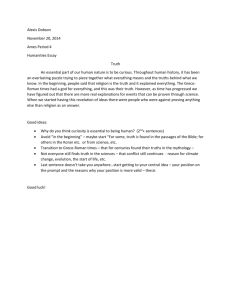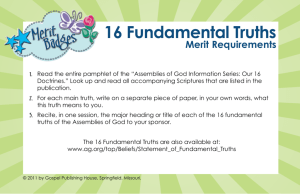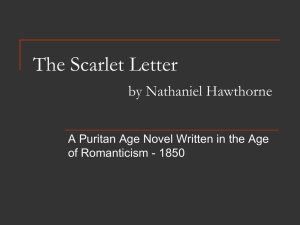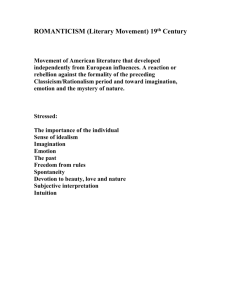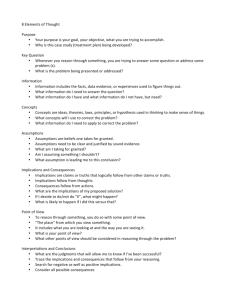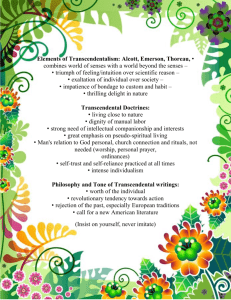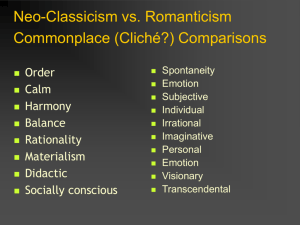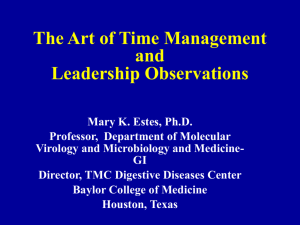Romanticism vs. Transcendentalism
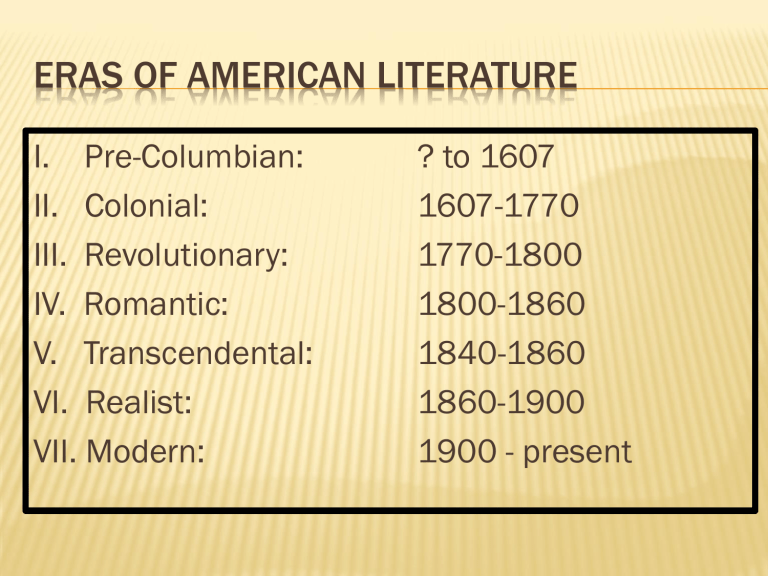
ERAS OF AMERICAN LITERATURE
I. Pre-Columbian:
II. Colonial:
III. Revolutionary:
IV. Romantic:
V. Transcendental:
VI. Realist:
VII. Modern:
? to 1607
1607-1770
1770-1800
1800-1860
1840-1860
1860-1900
1900 - present
ORIGINS OF ROMANTICISM
“AGE OF REVOLUTIONS”
England:
1790s
William Wordsworth
Samuel Taylor Coleridge
“spontaneous overflow of powerful feelings”
ELEMENTS OF ROMANTICISM
Love of nature
Strong sense of the beauty of the world, especially in nature and human emotion
Search for the ideal world where one can be in communion with nature
Strong conflict between science and nature
ELEMENTS (CONT)
Vivid imagination
Strong sense of supernatural and mystery
Strong passionate emotion, often not accepted by society
Non-conformity to society
ELEMENTS (CONT)
Subjectivity-feelings and opinions are more important/effective than fact/reason
Freedom from restraint and rebellion against limitations-especially those imposed by society
TRANSCENDENTAL AUTHORS
Emerson ( Nature)
Thoreau ( Walden )
Fuller ( The Dial)
TRANSCENDENTALIST MOVEMENT
Truths that go beyond, or transcend, proof
Truths that are known to the heart and not necessarily to the mind
Truths that are felt emotionally, but cannot be proven logically
Values lie in the realm of instinct and intuition
Great men are they who see that spiritual is stronger than any material force, that thoughts rule the world
ELEMENTS OF TRANSCENDENTALISM
Mankind is naturally good with the ability to achieve higher levels of thinking and understanding.
Strong sense of morality and ethical seriousness (from Puritans), but reject rigid religious structure
T. ELEMENTS (C0NT)
Believe in man’s path to individual enlightenment rather than man’s ability to receive divine light from God
T. ELEMENTS (CONT)
Appalled by coldness of the church
Humans are “God-bullied”
Christianity is impractical
HAWTHORNE’S BELIEFS
Believes in man’s inclination toward sin and evil, like his Puritan ancestors(but redemption can be found)
Finds Puritan history and his own ancestors to be hypocritical and severe
Writing exposes this hypocrisy and suggests compassion towards sinners

